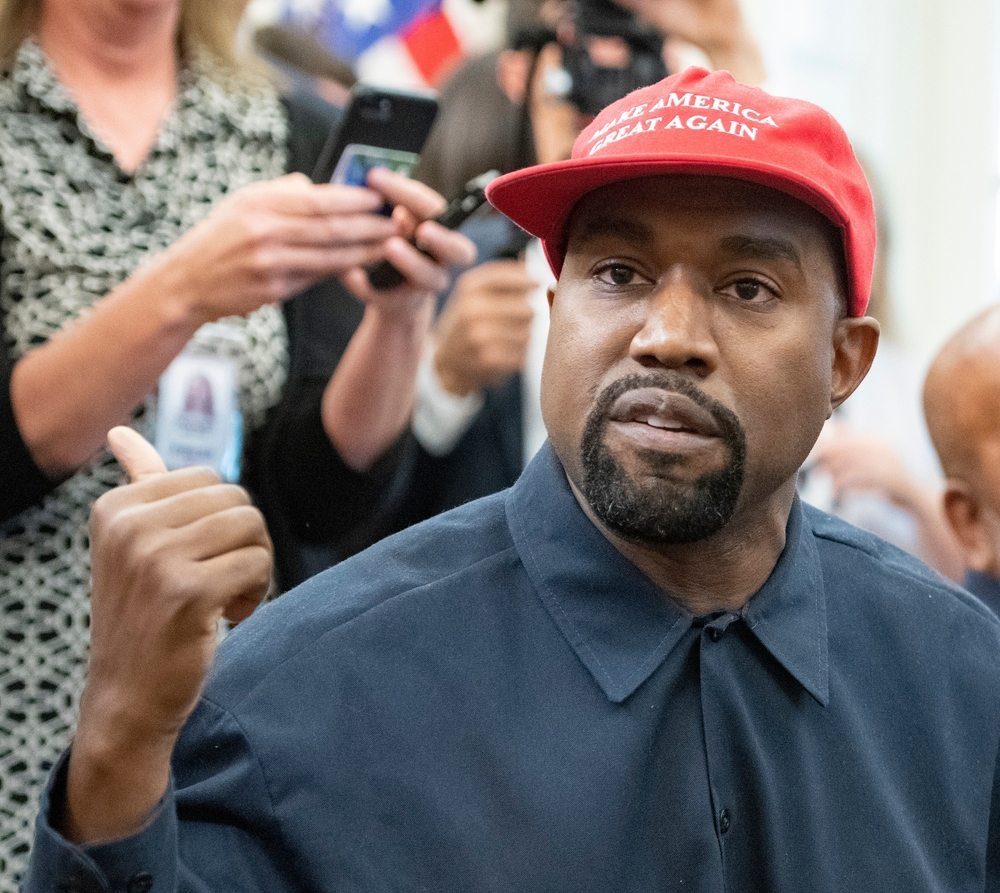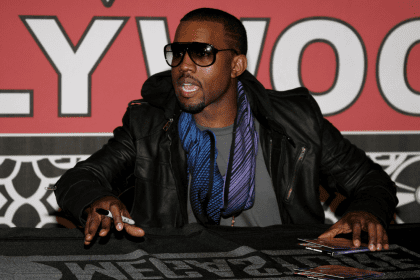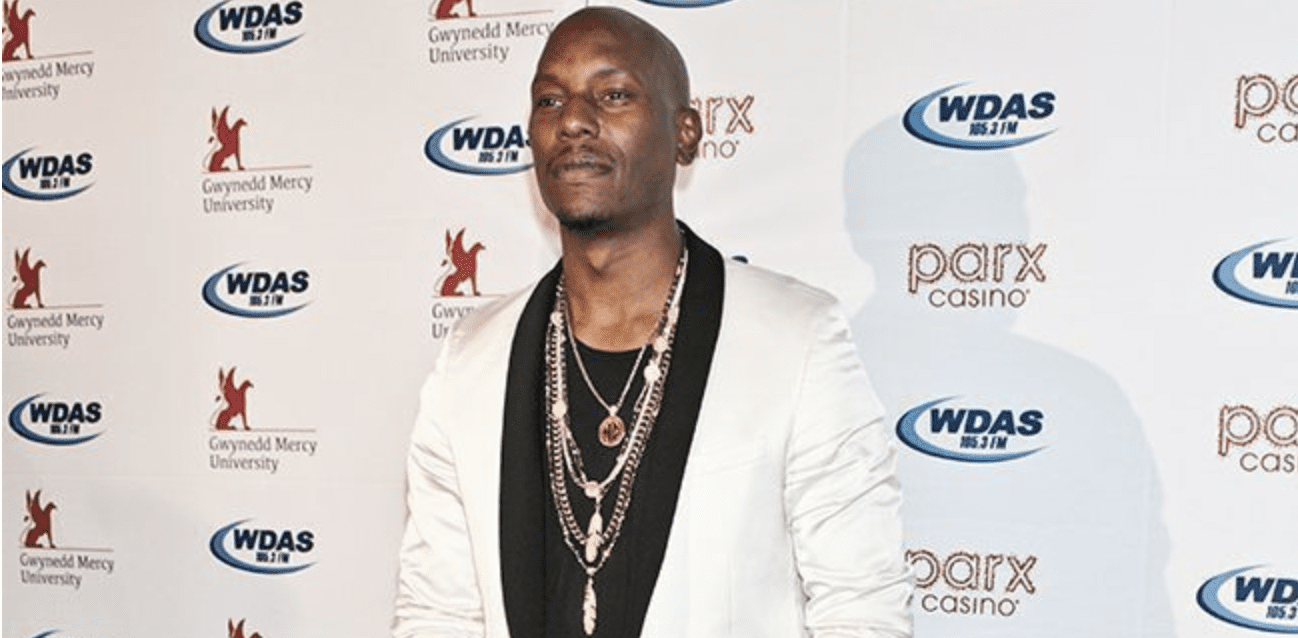Home Affairs Minister Tony Burke announced the extraordinary decision to cancel Kanye West’s valid Australian visa following the rapper’s release of a song glorifying Nazi leader Adolf Hitler in May. The Grammy-winning artist, who also goes by Ye, had maintained regular travel privileges to Australia for years due to his marriage to Australian designer Bianca Censori and established family connections in Melbourne. However, his latest musical release crossed red lines that prompted immediate government intervention.
The song titled “Heil Hitler” sparked widespread condemnation and was swiftly banned from major streaming platforms including Spotify, Apple Music, and YouTube. Despite these restrictions, the controversial track garnered millions of views within its first day of release, demonstrating the viral reach of inflammatory content even amid widespread censorship efforts. The rapid spread of the content intensified pressure on Australian authorities to respond decisively.
Burke revealed the visa cancellation during an Australian Broadcasting Corporation interview while discussing immigration policies regarding individuals who promote hatred and bigotry. The Minister emphasized that while West had previously made offensive comments during his long history of visiting Australia, the explicit Nazi glorification represented an unacceptable escalation that demanded immediate action.
Family ties complicate immigration enforcement decisions
The visa cancellation creates complex personal circumstances for West, whose wife Bianca Censori is an Australian citizen with family residing in Melbourne. The couple’s marriage has provided West with legitimate reasons for frequent Australian visits over multiple years, establishing a pattern of regular travel that immigration officials had previously accommodated despite his controversial public statements.
Burke acknowledged that West had made numerous offensive comments throughout his career but indicated that government officials had tolerated these previous incidents. The release of “Heil Hitler” represented a qualitative escalation that crossed threshold limits for acceptable behavior under Australian immigration law, forcing authorities to reassess his eligibility for continued visa privileges.
The Minister did not specify whether the ban represents permanent exclusion or temporary suspension of travel privileges. Australian immigration law requires individual assessment of each visa application, meaning West could potentially reapply for future entry despite current restrictions. However, Burke suggested that importing deliberate bigotry undermines national interests and social cohesion.
Musical content intensifies ongoing antisemitism concerns
The banned song forms part of West’s new album titled “WW3,” which contains additional tracks featuring controversial lyrics that have drawn criticism from advocacy groups and government officials. The music video accompanying “Heil Hitler” depicted men wearing animal skins while chanting the song’s title, creating visual imagery that reinforced the track’s inflammatory messaging.
Following initial backlash, West attempted damage control by releasing a modified version titled “Hallelujah” that replaced Nazi references with Christian-themed lyrics. This revision effort failed to mollify critics who viewed the original release as evidence of deeply held antisemitic beliefs rather than artistic provocateurship or marketing strategy.
The controversy occurs amid rising antisemitic incidents in Australia’s major cities, particularly Sydney and Melbourne, which have experienced increased attacks since the October 7, 2023 outbreak of conflict between Israel and Hamas. Government officials expressed concerns about importing additional hatred into communities already experiencing heightened tensions around religious and ethnic differences.
Corporate partnerships and legal consequences accumulate
West’s antisemitic behavior has generated significant business consequences beyond immigration restrictions, including the 2022 termination of his lucrative partnership with sportswear giant Adidas. The company ended their collaboration following a pattern of inflammatory statements and publicly antisemitic remarks that became incompatible with corporate values and brand reputation.
Late last year, Adidas announced reaching a settlement agreement with West to resolve all legal proceedings between the parties, closing a contentious chapter in corporate responsibility enforcement. The rapper has publicly identified as a Nazi and retracted previous apologies for earlier controversial comments, demonstrating escalating rather than moderating behavior patterns.
The Australian visa cancellation represents the latest in a series of institutional responses to West’s antisemitic advocacy, joining platform bans and corporate partnership terminations as consequences for promoting hatred. Burke emphasized that Australia faces sufficient domestic challenges without deliberately importing additional bigotry from international sources.















